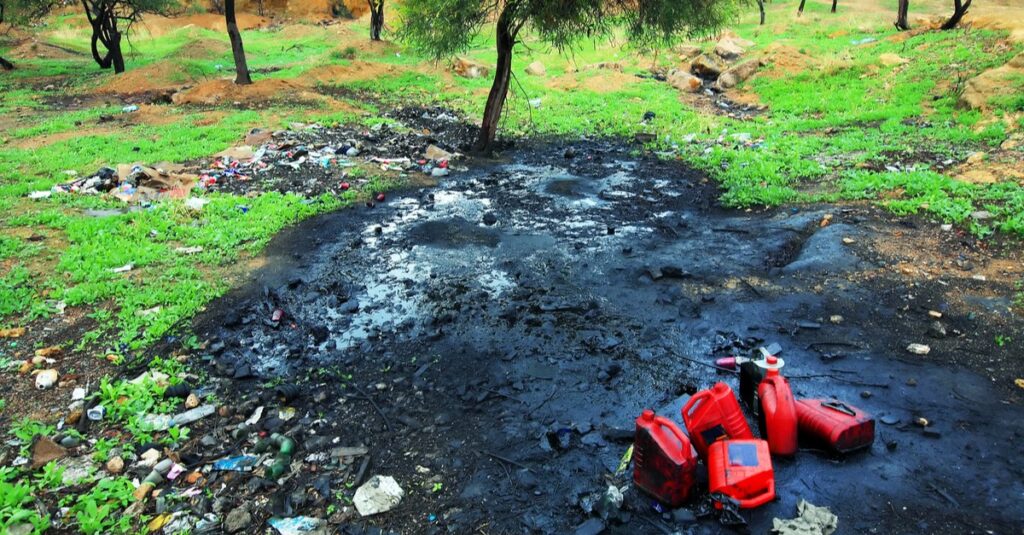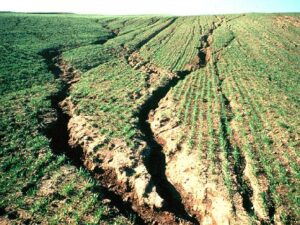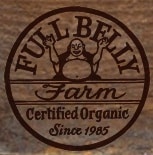
soil pollution.jpg

Soil Pollution
Definition: Soil pollution, also known as soil contamination, refers to the presence of harmful substances or pollutants in the soil environment, resulting from human activities such as industrial processes, agricultural practices, waste disposal, and urbanization.
Sources of Soil Pollution
- Industrial Activities: Industrial processes such as mining, manufacturing, and chemical production release pollutants such as heavy metals, solvents, petroleum hydrocarbons, and industrial chemicals into the soil through spills, leaks, and improper waste disposal.
- Agricultural Practices: Agricultural activities such as pesticide and fertilizer application, livestock farming, and irrigation can contribute to soil pollution through the accumulation of agrochemical residues, nutrient runoff, and soil erosion.
- Waste Disposal: Improper disposal of solid waste, hazardous waste, and sewage sludge in landfills, dumpsites, and open fields can contaminate the soil with organic pollutants, pathogens, heavy metals, and leachate pollutants, posing risks to human health and the environment.
- Urbanization: Urban development and infrastructure construction activities such as road construction, land clearing, and urban sprawl can lead to soil compaction, habitat destruction, loss of vegetative cover, and contamination from construction-related pollutants such as concrete, asphalt, and construction debris.
Effects of Soil Pollution
- Environmental Degradation: Soil pollution can degrade soil quality, disrupt soil ecosystems, and impair soil functions such as nutrient cycling, water filtration, and plant growth, leading to habitat loss, biodiversity decline, and ecosystem degradation.
- Human Health Risks: Contaminated soils can pose risks to human health through direct contact, inhalation of dust particles, consumption of contaminated food and water, and exposure to toxic substances such as heavy metals, pesticides, and organic pollutants, leading to adverse health effects such as cancer, respiratory diseases, and neurological disorders.
- Ecological Impacts: Soil pollution can impact soil-dwelling organisms such as earthworms, microorganisms, and soil fauna, disrupting soil food webs, impairing soil biodiversity, and altering ecosystem dynamics, leading to cascading effects on higher trophic levels and ecosystem functioning.
Soil Pollution Remediation
- Soil Remediation Technologies: Various soil remediation technologies such as physical, chemical, and biological treatments can be employed to mitigate soil pollution and restore contaminated soils to a safe and healthy state. Remediation techniques include soil excavation, soil washing, soil vapor extraction, bioremediation, phytoremediation, and chemical oxidation.
- Regulatory Measures: Regulatory measures such as environmental regulations, pollution control laws, land use zoning, and remediation standards play a crucial role in preventing soil pollution, regulating pollutant emissions, and enforcing cleanup actions to protect human health and the environment.
- Pollution Prevention: Pollution prevention strategies such as source reduction, waste minimization, pollution prevention planning, and sustainable land management practices aim to reduce the generation and release of pollutants into the soil environment, promoting sustainable development and environmental stewardship.
Conclusion
In conclusion, soil pollution is a significant environmental challenge that requires urgent attention and concerted efforts to prevent, mitigate, and remediate its adverse impacts on human health, ecosystems, and environmental quality. By adopting pollution prevention measures, implementing remediation technologies, and enforcing regulatory controls, we can protect soil resources, safeguard public health, and preserve ecological integrity for future generations.
Fall off the barn roof and busted your keister? Life on the farm or ranch can be tough on the bum. Need a break? Laugh it off at FarmerCowboy.com, the #1 farm humor site. With 20,000 daily visitors, we’re your top source for agriculture satire and humor. Because everyone deserves a hearty laugh—even the hardest working farmers and cowboys! Join us and turn those long days into fun tales at FarmerCowboy.com.
References:
- Selinus, Olle, ed. “Essentials of medical geology: Impacts of the natural environment on public health.” Academic Press, 2013.
- Alloway, Brian J. “Heavy metals in soils: Trace metals and metalloids in soils and their bioavailability.” Springer Science & Business Media, 2012.
- Khan, Muhammad Imran, Rizwan Ahmed, and Sabir Hussain, eds. “Heavy metal contamination of soils: Monitoring and remediation.” Springer, 2015.
Originally posted 2011-12-28 08:45:00.
Originally posted 2024-06-23 21:55:51.
Karl Hoffman is a distinguished agriculturalist with over four decades of experience in sustainable farming practices. He holds a Ph.D. in Agronomy from Cornell University and has made significant contributions as a professor at Iowa State University. Hoffman’s groundbreaking research on integrated pest management and soil health has revolutionized modern agriculture. As a respected farm journalist, his column “Field Notes with Karl Hoffman” and his blog “The Modern Farmer” provide insightful, practical advice to a global audience. Hoffman’s work with the USDA and the United Nations FAO has enhanced food security worldwide. His awards include the USDA’s Distinguished Service Award and the World Food Prize, reflecting his profound impact on agriculture and sustainability.



